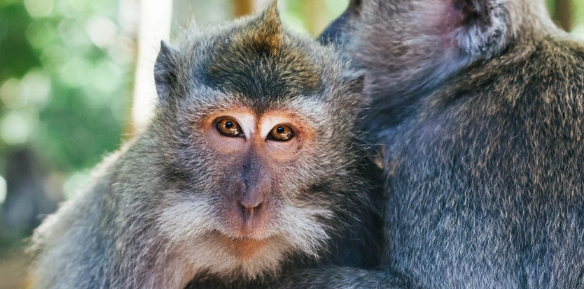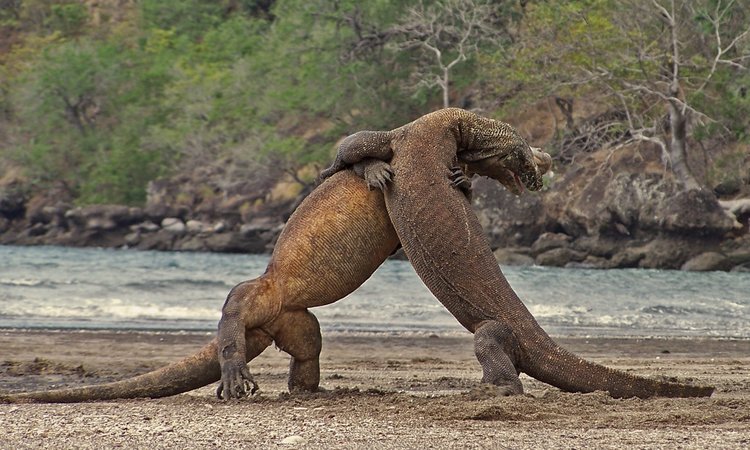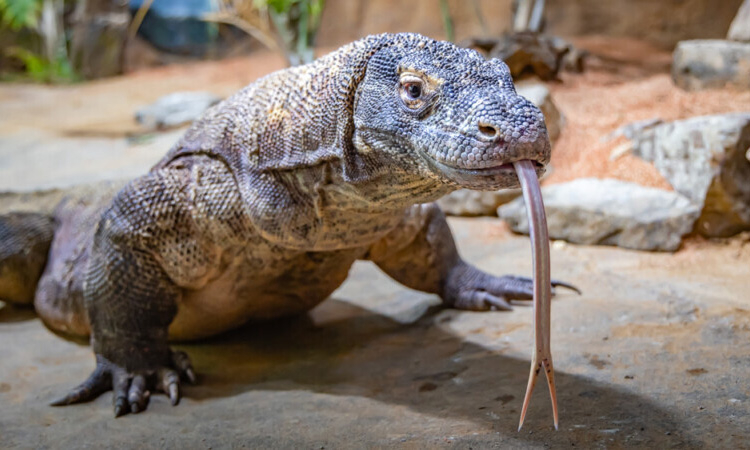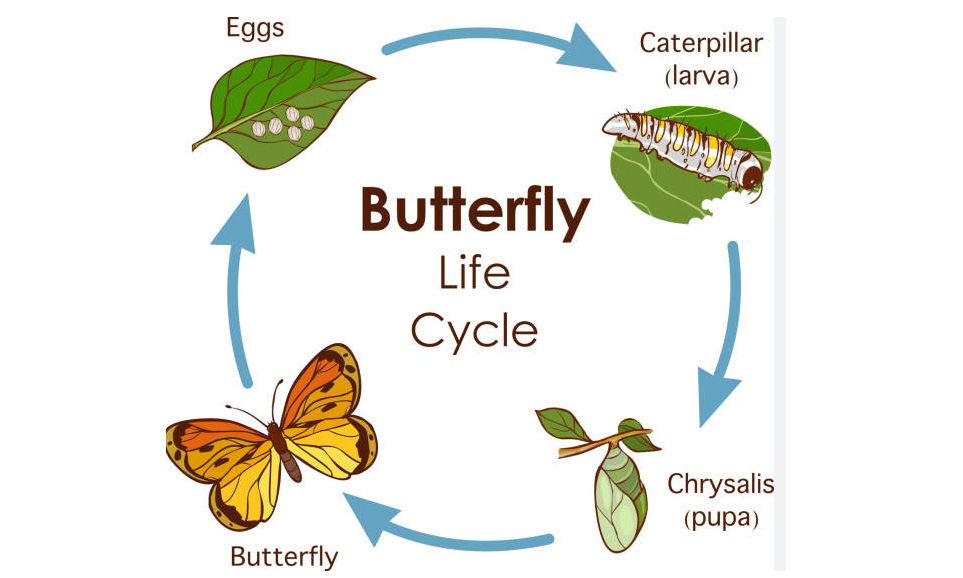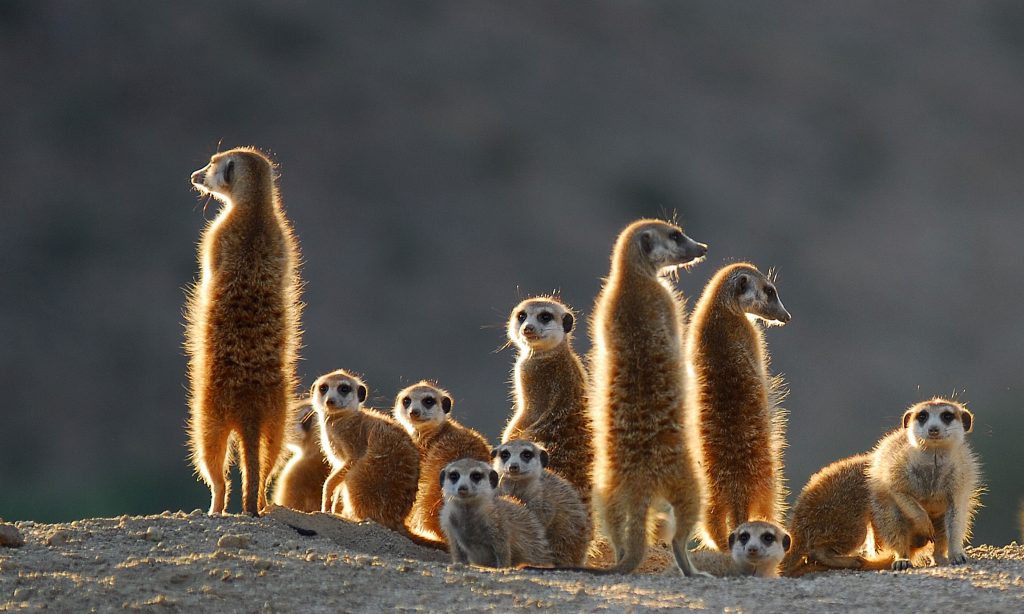The market for macaques, a type of monkey commonly used in medical research, is seeing a surge in demand worldwide. This increased demand is driving prices up and causing challenges for researchers and conservationists alike.
Growing interest in medical research
The demand for macaques is on the rise due to their importance in medical research. These monkeys are often used in studies exploring diseases, vaccines, and drug testing. As the field of medical research continues to grow, so does the need for macaques.
Limited supply
Unfortunately, the supply of macaques is limited. These monkeys are typically sourced from breeding facilities, but there are only a handful of such facilities worldwide. This scarcity, coupled with the rising demand, has led to an increase in prices for macaques.
Impact on conservation efforts
The rising demand for macaques is not only affecting research institutions but also conservation efforts. Macaques are already facing threats such as habitat loss and hunting for their meat and fur. The increased demand for these monkeys for medical research is putting additional pressure on wild populations.
Ethical concerns
The increase in demand for macaques has also raised ethical concerns. Some argue that using monkeys in medical research is unethical, citing concerns about animal welfare and the use of sentient beings in experiments. This debate is likely to intensify as prices for macaques continue to climb.
Finding a balance
As the demand for macaques continues to rise, researchers and conservationists are faced with the challenge of finding a balance between fulfilling the needs of medical research and protecting the welfare of these animals. It is crucial for stakeholders to work together to ensure that macaque populations are sustainably managed and that ethical considerations are taken into account.
